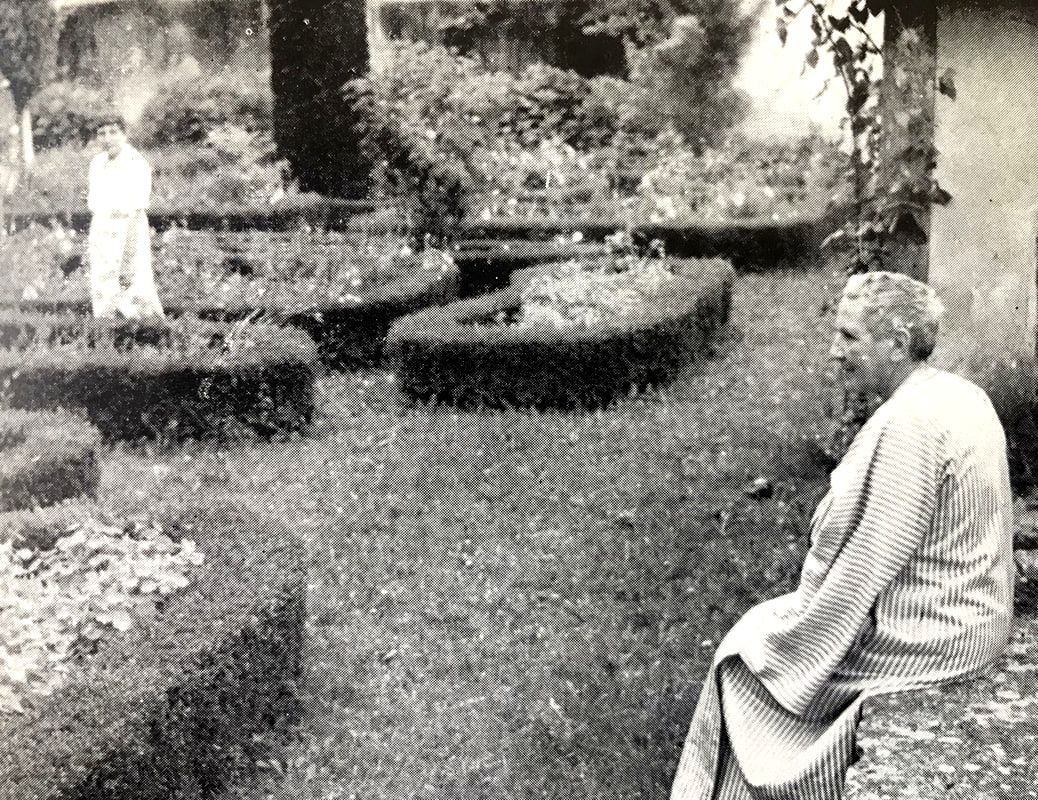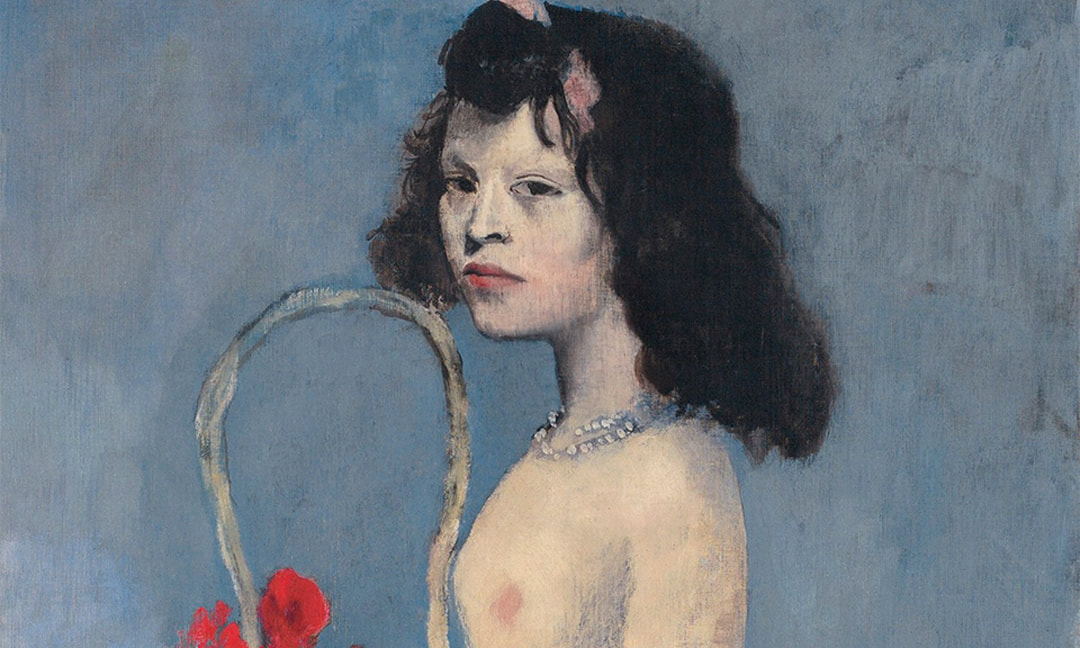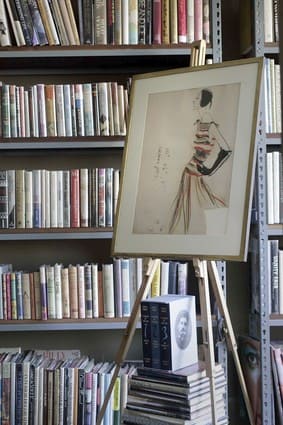Gertrude Stein, Wars I Have Seen
There is some controversy about how Gertrude Stein and Alice B. Toklas, lesbian women of Jewish descent, not only avoided deportment to a concentration camp but managed to keep their extraordinary art collection intact. In a Julius Caesar dichotomy, was Gertrude Stein Brutus or Marc Antony? But, there is another possibility that does not quite fall into the Julius Caesar paradigm. Maybe she was Switzerland?
When war broke out in 1939, Stein and Toklas were at their country home, Bilignin, near the Swiss border in what would become Vichy France (after the French surrender). In the book, Gertrude Stein implies that it was their obscurity in the French countryside and the goodness of their neighbors that protected them. Of course, it did not hurt that Toklas and Stein were American citizens and that the United States had diplomatic relations with Vichy France until the spring of 1942.
Another compelling reason that Stein and Toklas and their art collection, with its masterpieces of works by Picasso and Cézanne, were spared was that they were protected by Bernard Fay, a friend of Stein's who was in the upper echelons of the Vichy France government. Yet, save for Stein translating into English speeches by Philippe Pétain, the leader of Vichy France, there is no evidence of quid pro quo with either Fay or Pétain. And, even the translating work is a stretch. It was Stein's view that the Germans made a terrible miscalculation in not occupying the entire country and permitting the establishment of the so-called "free France." When she made the translations, the dust had not yet settled on what the Germans would expect of the Vichy government. Stein had already ceased working on the translations when it became clear how little difference in Nazi policy there would be between occupied and unoccupied regions of the nation.
Gertrude Stein's famous art collection must be considered separately. It remained in their rue Christine apartment for the duration of the war in faraway Paris, a city actually occupied by the Nazis. Even outside of Vichy France, Bernard Fay was apparently able to protect it. The only close call occurred just before the liberation of Paris, when Gestapo officers broke in and began packing up the art in order to abscond with it. Neighbors called the police, who convinced the Germans to leave empty handed.
In a sense, anyone in a country occupied by a brutal regime must become somewhat of a collaborator, or at least appear to be, in order to survive. It is the degree that gets one into trouble. In her 2011 book, Unlikely Collaboration: Gertrude Stein, Bernard Fay, and the Dilemma, Barbara Will makes the case that Gertrude Stein went too far. In a rebuttal of that book, Edward Burns asserts that Barbra Will failed to consider the degree to which Stein and Toklas were protected by their celebrity status and by their kindly neighbors.




 RSS Feed
RSS Feed